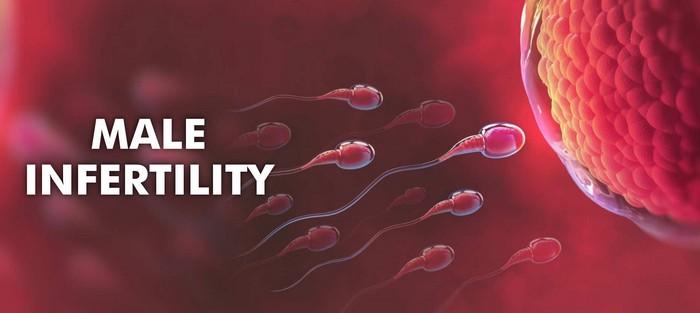The consistency of semen, often a topic shrouded in myths and misconceptions, can raise questions about fertility and reproductive health. Is sperm meant to be watery or thick? What role does nutrition play in sperm health? In this comprehensive guide, we delve into the intricacies of sperm consistency, the influence of diet on fertility, and the importance of seeking professional guidance for personalized dietary planning. By exploring nutritional overviews, fertility-boosting foods, dietary patterns, scientific evidence, foods to avoid, personalization, and consulting professionals, we aim to provide clarity on this often misunderstood aspect of reproductive health.
Nutritional Overview
A balanced diet serves as the cornerstone of optimal fertility and reproductive health. Nutrients obtained from food play crucial roles in sperm production, sperm quality, and overall reproductive function. Essential nutrients such as antioxidants, healthy fats, vitamins, and minerals support the delicate balance necessary for fertility and conception. By nourishing the body with a diverse array of nutrient-rich foods, individuals can enhance sperm health and improve fertility outcomes.
Fertility-Boosting Foods
Certain foods are renowned for their fertility-boosting properties, offering a plethora of nutrients that support reproductive health:
Leafy Greens: Leafy green vegetables such as spinach, kale, and collard greens are rich in folate, a B vitamin crucial for sperm production and DNA synthesis.
Fatty Fish: Fatty fish like salmon, mackerel, and trout provide omega-3 fatty acids, which play a vital role in sperm membrane integrity and motility.
Nuts and Seeds: Nuts and seeds such as almonds, walnuts, and flaxseeds are excellent sources of zinc, selenium, and omega-3 fatty acids, all of which contribute to healthy sperm production and function.
Colorful Fruits and Vegetables: Colorful fruits and vegetables like berries, oranges, and carrots are packed with antioxidants, which help protect sperm from oxidative damage and improve sperm quality.
Dietary Patterns
Adopting certain dietary patterns can positively impact fertility outcomes:
Mediterranean Diet: The Mediterranean diet, rich in fruits, vegetables, whole grains, legumes, fish, and olive oil, has been associated with improved sperm quality and higher fertility rates. This dietary pattern provides ample antioxidants, healthy fats, and nutrients that support sperm health and reproductive function.
Anti-inflammatory Diet: An anti-inflammatory diet, characterized by a focus on whole foods, omega-3 fatty acids, and phytonutrients, may help reduce inflammation in the body and improve sperm quality. Minimizing intake of processed foods, refined sugars, and trans fats can support overall reproductive health.
Scientific Evidence
Scientific research supports the role of diet in sperm health and fertility:
A study published in “The Journal of Nutrition” found that men who adhered to a Mediterranean diet had higher sperm counts, better sperm motility, and lower levels of DNA damage in sperm compared to men with less adherence to the diet.
Research published in “Fertility and Sterility” suggested that higher intake of antioxidants, such as vitamin C, vitamin E, and selenium, was associated with improved sperm parameters and fertility outcomes in men.
Foods to Avoid
Certain foods or habits may negatively impact sperm health and fertility:
Excessive Alcohol: Excessive alcohol consumption can disrupt hormone balance, impair sperm production, and decrease sperm quality. Limiting alcohol intake and practicing moderation is essential for maintaining optimal sperm health.
Processed Foods: Processed foods high in refined sugars, unhealthy fats, and artificial additives can contribute to inflammation, oxidative stress, and hormonal imbalances, which may adversely affect sperm quality.
Personalization
Tailoring dietary choices to individual health needs and conditions is paramount:
Underlying Health Conditions: Individuals with specific health conditions such as obesity, diabetes, or hormonal imbalances may benefit from personalized dietary approaches tailored to their unique needs and challenges.
Nutritional Requirements: Factors such as age, weight, activity level, and overall health status influence individual nutritional requirements. Consulting with a healthcare provider or registered dietitian can help develop a personalized dietary plan that addresses specific fertility concerns.
Conclusion
In conclusion, sperm consistency, influenced by factors such as diet and lifestyle, can impact fertility and reproductive health. By prioritizing a balanced diet rich in fertility-boosting foods, adopting beneficial dietary patterns, avoiding harmful foods, personalizing dietary choices, and seeking professional guidance, individuals can optimize sperm health and enhance their chances of conception.

























